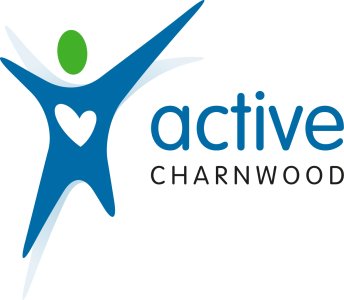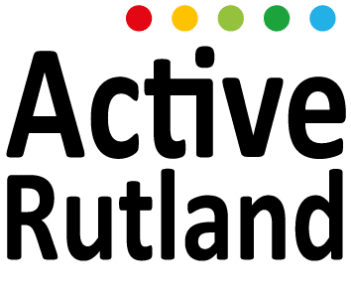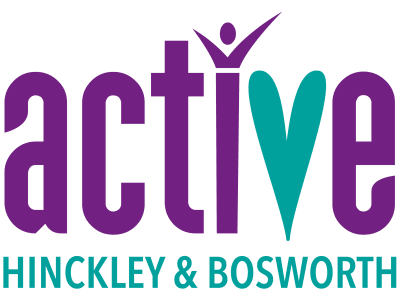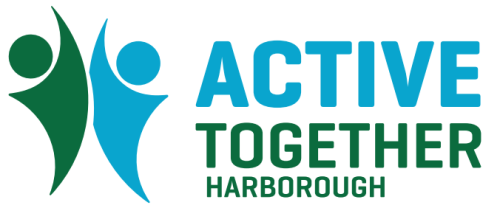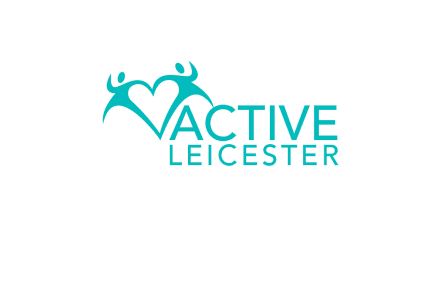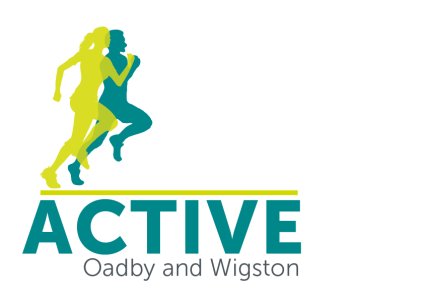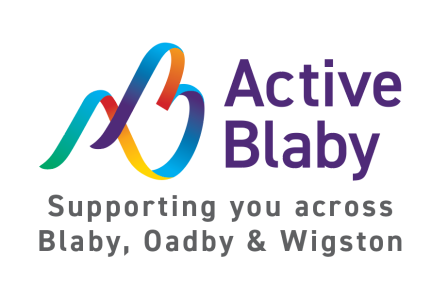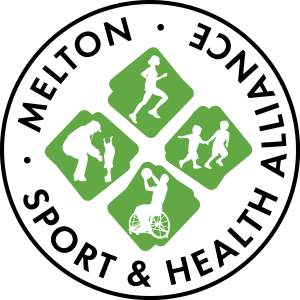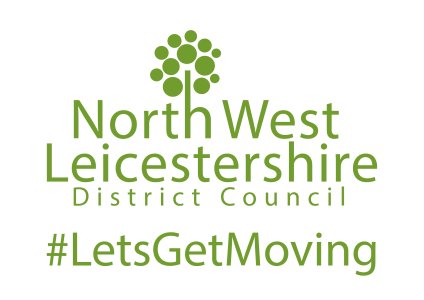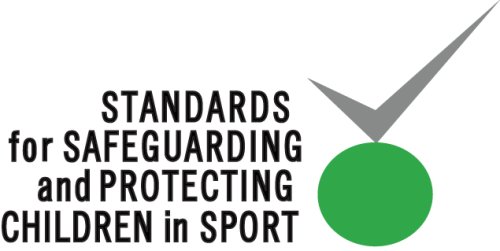Musculoskeletal (MSK) conditions are any condition that affects the joints, bones and muscles.
In 2021, 17.4% of people in Leicestershire reported a long-term MSK problem. This includes back pain, hip and knee osteoarthritis, rheumatoid arthritis and hip fractures. Symptoms will vary depending on your condition, but these can include pain, swelling, fatigue, weakness and poor mobility.
One of the most common concerns for those who suffer from joint pain and muscle pain is: won't exercise make my symptoms worse? When in fact, physical activity is a proven method of helping you to manage and improve pain over time.
Frequently Asked Questions - Joint, Bone and Muscle Health
Meena's Story
"The best part of swimming is the floating - the pressure off my knees is fantastic." - Meena
Visit We Are Undefeatable for more information and inspiration on how you can get active.
You can also meet our Let's Get Moving Champions who share their inspirational stories on how they have stayed active this year!
Get Active
If you are ready to move more and feel better, there are a range of activities and sessions to help you meet your activity goal. Be sure to find something you enjoy!
-
Alongside health and care partners, we offer a free postural stability physical activity programme called Steady Steps.
-
A selection of physical activity programmes for people with medical conditions, whose health would benefit from being more active.
-
Exercise Referral is 12 week programme of personalised physical activity support for people with specific health conditions.
-
Exercises to help stretch and strengthen joints.
Resources for MSK pain
-
Evidence-based resources including an information leaflet with practical tips, walking programmes and a downloadable diary and workbook.
 Moving Medicine - Falls and Frailty Patient leaflet (PDF, 943 Kb)
Moving Medicine - Falls and Frailty Patient leaflet (PDF, 943 Kb)Top tips for physical activity in those at risk of falls and frailty.
-
A national campaign providing support and inspiration on how to get active living with a long-term health condition.
-
The optimal ageing revolution - Live Longer Better knows what can be done to live better for longer.
-
The MSK app has been developed to offer support and guidance on how to manage a musculoskeletal (MSK) condition or injury.
-
Advice and information about MSK health and conditions and numerous resources for healthcare professionals.
-
Using the NHS site, you can search for your condition for specific advice and information. From back pain to osteoarthritis to fibromyalgia.
-
An organisation providing information and support for an arthritis condition.
 Versus Arthritis - Keep Moving Information Booklet (PDF, 2 Mb)
Versus Arthritis - Keep Moving Information Booklet (PDF, 2 Mb)-
ESCAPE-pain is a group rehabilitation programme for people with chronic joint pain that integrates educational self-management and coping strategies with an exercise regimen individualised for each participant.
You are performing the exercises linked from our website at your own risk.
Whilst every effort has been made to verify the information on the joint, bone and muscle page, Active Together is not responsible for the accuracy or content of external websites. Whilst taking part in physical activity, participants should ensure they take part at a level which is appropriate to them and their health and are responsible for ensuring they check the credentials and health and safety requirements for each activity. It is recommended that participants follow the Chief Medical Officers Guidelines for physical activity. Participants will choose to utilise these links and take part in activities at their own risk.
For Healthcare Professionals
It is important to have conversations with those living with MSK pain about the importance of physical activity. Physical activity as a treatment for long-term health conditions is a consensus backed by rigorous evidence.
Our Active Medicine page supports local healthcare professionals with promoting the benefits of physical activity, including Physical Activity and Health training, E-Learning resources, and healthy conversation skills.
The fantastic Moving Medicine resource hosts step-by-step guides to have quality conversations with patients about physical activity for MSK Pain - from 1 - 5 minute conversation opportunities.
Versus Arthritis have launched a Let's Move for Surgery Toolkit - a set of brand new resources to support patients awaiting or recovering from joint replacement surgery. It can help patients to become fit to undergo the surgery itself and can lead to a faster recovery.














